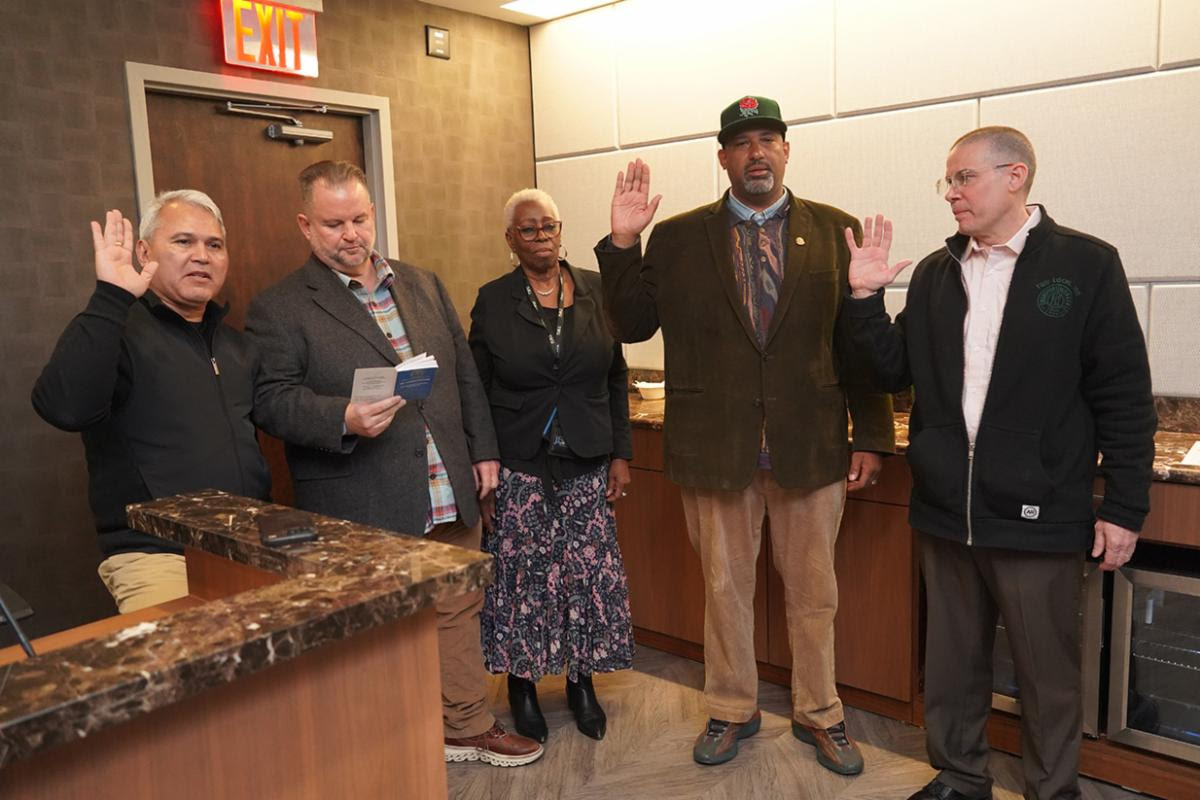PORT-AU-PRINCE, Haiti (AP) — Haitian and Dominican officials met Tuesday in an effort to resolve mounting tension between the Caribbean neighbors that was reflected in a recent court ruling that threatens to strip the citizenship of people of Haitian descent who were born in the Dominican Republic.
The talks are part of a new binational commission that aims to discuss issues including commerce, migration, the environment and border security. The countries share the Caribbean island of Hispaniola.
But the main topic under discussion was a September court ruling that threatens to revoke citizenship from thousands of people living in the Dominican Republic who are mostly of Haitian descent. They could be sent to Haiti even though they weren’t born there.
“The Haitian government is asking for concrete measures to be taken to protect the fundamental rights of people of Haitian origin,” Prime Minister Laurent Lamothe said in a prepared statement following the talks at an industrial park in the Haitian border town of Ouanaminthe. “The Dominican government made this guarantee.”
Then he added, his remarks broadcast live on national television: “The two parties recognize that this subject was not neglected” in the talks.
The closed-door discussions were the first of what will be monthly meetings to discuss trade, the environment, security and the court ruling, which has been condemned by the United Nations, Caribbean leaders and human rights groups.
Representatives from the U.N., Caribbean Community, European Union and Venezuela will serve as observers and lend advice, Lamothe said.
The Dominican Republic’s National Office of Migration said it’s going to provide temporary papers for Haitians who work in the country, Lamothe also said.
Details will be discussed further at the next meeting, scheduled for Feb. 3 in the Dominican Republic.
The Tuesday gathering was scheduled after a December meeting in Venezuela at which Haitian President Michel Martelly and Dominican President Danilo Medina agreed to try to resolve tensions surrounding the court decision and other differences.
Dominican officials had initially said they wouldn’t discuss the court ruling, which they say cannot be appealed. Dominican and Haitian officials will have to find a creative way to annul the decision.
The decision from the Dominican Republic’s Constitutional Court states that people born in the country after 1929 to foreigners living illegally in the country are not automatically granted citizenship.
Human rights groups decried the plan and the ruling, saying that an estimated 200,000 people could lose their citizenship, the majority of them of Haitian descent. The government maintains that only some 24,000 would be affected.
Associated Press writer Ezequiel López Blanco contributed to this report from Santo Domingo, Dominican Republic.























